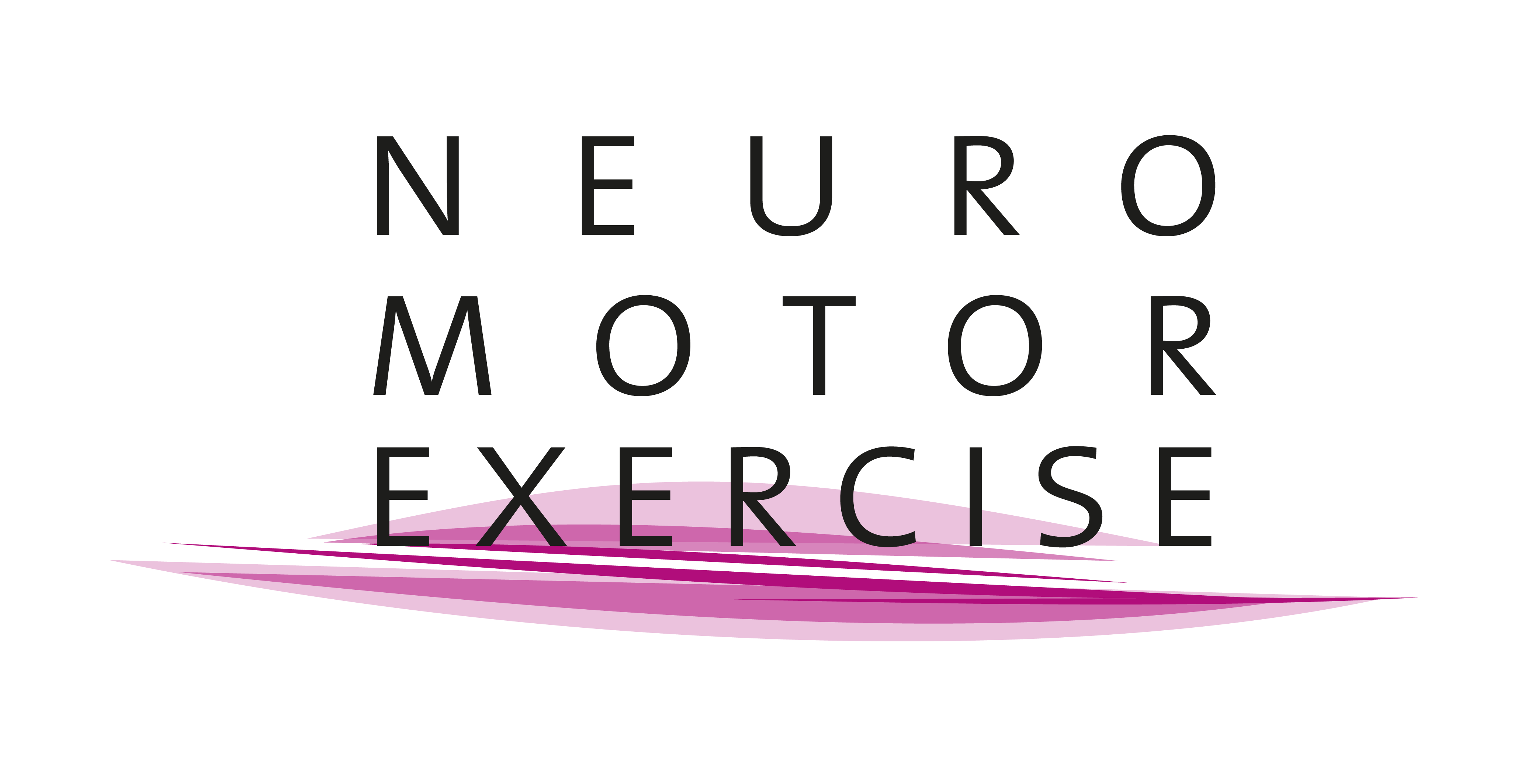
Marie Skłodowska-Curie Actions Doctoral Networks (MSCA-DN)
Translational Research Network in Motor Disorder Rehabilitation: Advancing understanding of variability in motor control and learning, to enhance clinical practice (TReND)
Project Summary
The theoretical understanding of human motor control and learning has a strong impact on the diagnosis and treatment of motor disorders, and vice versa. Recent progress has been made in the understanding of motor control and learning, particularly with respect to understanding the functional role of neuro-behavioural variability that is inherent to sensorimotor control. However, this progress has not yet been transferred appropriately into clinical therapy approaches. The goal of TReND is thus, to create a translational research network in motor disorder rehabilitation. The network will be highly interdisciplinary with doctoral and senior researchers from fundamental research areas (movement science, neuroscience, computer science), clinical practitioners (physical and occupational therapy, rehabilitation science, etc.) and partners from related industries. The overall aim is, to systematically translate recent theoretical and methodological advances in motor control and learning research into clinical practice to enhance clinical diagnosis and motor rehabilitation. More specific, we will investigate the functional role of variability in the sensorimotor coordination dynamics on behavioural and neurophysiological level in motor and mental disorders such as Stroke, Parkinson’s or Alzheimer’s disease. This will be addressed in three research objectives: 1. To investigate how different disorders affect the sensorimotor systems’ capability to exploit functional variability for stable and adaptive motor control; 2. To investigate how novel therapy concepts can enhance the capacity to exploit functional variability and treat motor disorders across different patient populations; and 3. To develop novel approaches to translate the knowledge gain from our fundamental research into clinical practice.
Project start:
01.03.2024
Research Team Münster:
Prof. Dr. Claudia Voelcker-Rehage
Dr. Julian Rudisch
Sponsor:
Horizon Europe (HORIZON)
Marie Skłodowska-Curie Actions
Doctoral Networks (MSCA-DN)
Project partners (Benificiaries):
University of Münster, Germany / Institute of Sport and Exercise / Department of Neuromotor Behavior and Exercise
Prof. Dr. Claudia Voelcker-Rehage
Dr. Julian Rudisch
Aix-Marseille University, France / Institute of Movement Science
Prof. Dr. Rita Sleimen-Malkoun
Prof. Dr. Jean-Jacques Temprado
Jönköping University, Sweden / Department of Rehabilitation
Prof. Dr. Nerrolyn Ramstrand
KU Leuven, Belgium / Research Group for Neurorehabilitation & Cerebral Palsy Reference Center
Prof. Dr. Hilde Feys
Radboud University, The Netherlands /Faculty of Health and Life Sciences / Behavioural Science Institute
Prof. Dr. Bert Steenbergen
Prof. Dr. Richard van Wezel
Tel Aviv University, Israel /Physical Therapy
Prof. Dr. Jason Friedmann
Associate Partners with own funding for doctoral candidates
University of Bern, Switzerland / Department of Movement and Exercise Science
Prof. Dr. Ernst-Joachim Hossner
Funding by Swiss State Secretariat for Education, Research and Innovation
King’s College London, United Kingdom / Department of Population Health Sciences
Dr. Marco Davare
Dr. Crina Grosan
Funding by UK Research and Innovation
Associate Partners
Hasselt University, Belgium / Rehabilitation Research Center
Prof. Dr. Katrijn Klingels
Sint Maartenskliniek, The Netherlands / Department of Rehabilitation Research
Dr. Noel Keijsers
Dr. Pauline Aarts (Training/Research Site)
Medisch Spectrum Twente, The Netherlands / Neurology Department
Dr. Marleen Tjepkema-Cloostermans (Training/Research Site)
Guy's and St Thomas' NHS Foundation Trust, United Kingdom / St. Thomas Hospital
Dr. Doreen Fialho
Guy's and St Thomas' NHS Foundation Trust, United Kingdom / Evelina London Children's Hospital
Katy Strudwick
Dr. Anne Gordon
The Shadow Robot Company Limited, United Kingdom
Rich Walker
prophysics AG, Switzerland
Florian Ulrich
LIME medical GmbH, Germany
Pascal Lindemann
Royal Free London NHS Foundation Trust, United Kingdom / Children’s Occupational Therapy and Physiotherapy
Dr. Betty Hutchon
Stade Marseillais Université Club, France / Sports and Health division
Jean-Louis Moro
Loewenstein Rehabilitation Medical Center, Israel / Department of Neurologic Rehabilitation
Dr. Nachum Soroker
The project website is located here: https://www.uni-muenster.de/TReND-EU/


